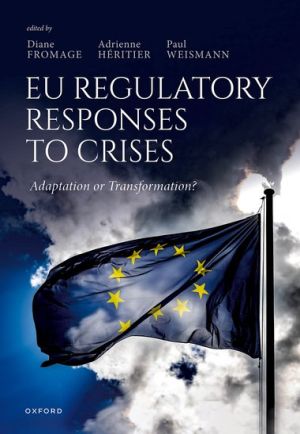
The past years have seen numerous crises from the 2007-2008 financial crisis to the migration crisis and the COVID-19 pandemic. These crises have significantly impacted EU policy in numerous areas including the Economic and Monetary Union, financial regulation and supervision, health policy, state aid control, energy policy, migration policy, and foreign and defence policy. As a result of these crises, EU rule-making has developed in various ways. Some developments have had an institutional dimension in that they concerned the actors involved in rule-making, as exemplified in the introduction of instruction rights of EU bodies vis-à-vis national authorities or the introduction of reverse (qualified) majority voting in the Council. But they also concerned the shape or nature of rules, where we have seen the increasing use of Regulations (as opposed to Directives) and of soft law instead of legally binding rules. The substance of existing rules was also reconsidered, resulting, for instance, in the deviation in practice from the Dublin system as regards the distribution of refugees, in the EU indebting itself on a considerable scale in the wake of the pandemic, and in the boosting of foreign and defence policies as a result of the war in Ukraine.
EU Regulatory Responses to Crises examines and compares these developments from a legal and a political science perspective. It analyses the measures taken, successful or not, to save banks, to ensure a fair distribution of migrants across EU Member States, or to support the acquisition of vaccines, for example. This book draws a comprehensive picture of the EU's regulatory toolkit in times of crisis, and its enrichment and refinement in reaction to new challenges.